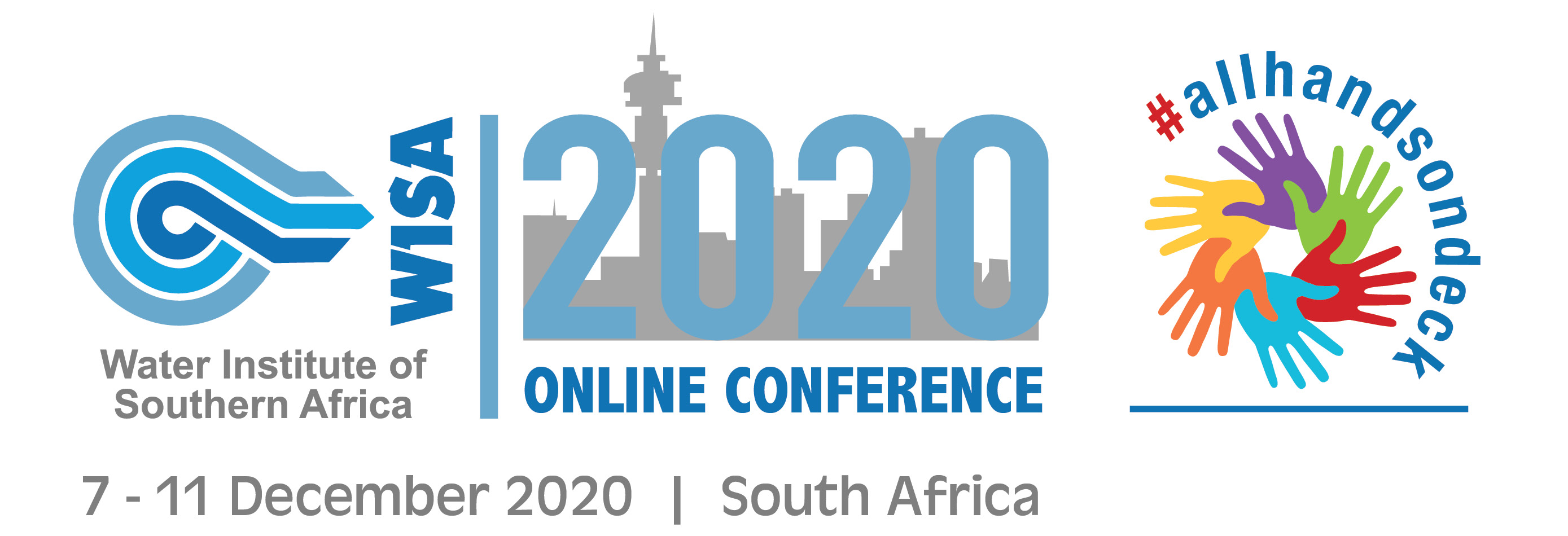WRC Workshop
Alternate implementation models for improved water supply
The South African Water sector is characterised by the most advanced water policies, strategies and plans, yet fails at implementation and local level innovation that can improve the supply of clean water and sanitation to communities. Several gaps have been identified and being addressed such as technology, funding, governance, and skills. However, factors related to translating strategy and policy into implementable actions and initiatives to improve the health and livelihoods of communities in urban, peri-urban and rural settings is not always consistent nor identified as critical in the process of achieving the desired impact of clean water and sanitation to all.
Other characteristics of the South African water sector include a slow rate of innovation, established companies with little to no opportunity for new entrants, natural monopolies, slow to adapt to the fourth industrial revolution (4IR), poor capacity to deal with innovation, procurement and contract management. And the private and public sectors with stayed views on their role in an evolving water future. Mechanisms to connect, collaborate and create spaces for co-creation and joint implementation are not always accessible or exist where and when required. These mechanisms and models have been shown to work well in other countries such as Denmark and developing countries such as Brazil and India.
Equally, South Africa has a number of challenges and opportunities that can be addressed through alternate models such as job creation, small business development, local economic development, gender equality and youth employment. We often develop technologies and solutions that ignore the potential to impact these areas and are often seen as afterthoughts. Technologies are piloted and demonstrated, yet local community/user involvement, evolving roles of both private and public sector authorities, revenue and employment models fall by the way-side.
Developing and testing alternate and disruptive implementation and business models for the water sector has received very little focus and traction in the South African water sector as process and social innovations. This has the potential to advance implementation and improve water supply where traditional infrastructure and modes of service have proven challenging and where climate change and droughts create new challenges for water custodians and communities alike.
The workshop aims to bring together those that are working on alternate and disruptive models from the water, other sectors and countries to share their experiences and advance our understanding in this area.
